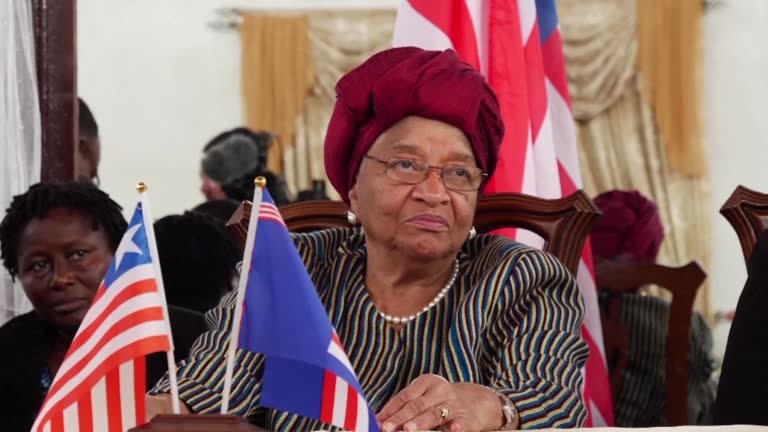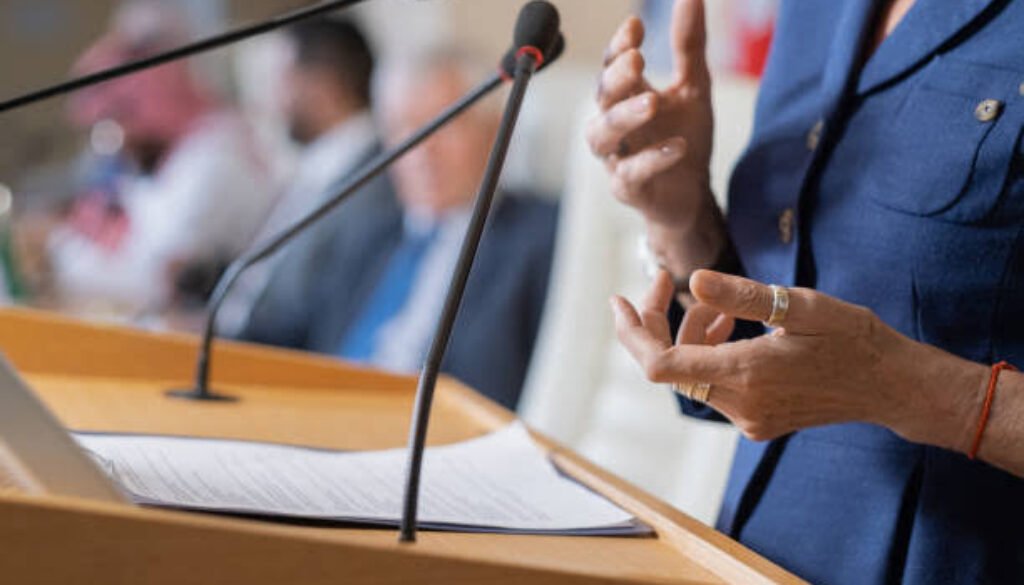Women Are Too Emotional to Be in Politics? Think Again
The idea that women are “too emotional” to succeed in politics is an old myth that still influences public opinion today. This stereotype has been used to question women’s ability to lead, make decisions, or handle crises. But what does history, science, and real-world politics tell us?
In this article, we explore where this myth comes from, what research shows about emotion and leadership, and how women have proven time and again that emotional intelligence is a strength—not a weakness—in politics.

Where Did This Myth Come From?
For centuries, politics has been dominated by men. When women began entering political spaces, critics often claimed they were too emotional or sensitive to handle tough decisions.
This idea comes from outdated beliefs that link emotion with weakness. In reality, all leaders—male or female—use both logic and emotion when making decisions. Emotional intelligence, which includes empathy, self-awareness, and managing feelings, is actually a key trait of great leaders.
What Science Says About Emotion and Leadership
Modern research shows that emotion is not a weakness in leadership. In fact, leaders with high emotional intelligence are more successful at:
- Managing stress during crises
- Building strong teams
- Resolving conflicts
- Inspiring and motivating others
Studies published in Harvard Business Review (Goleman, 2013) show that emotional intelligence is one of the top qualities that make leaders effective. And it’s not tied to gender—both men and women can have high emotional intelligence.
A 2014 study in The Leadership Quarterly found no evidence that women’s emotional traits negatively affect decision-making or political leadership. Instead, women often bring skills like collaboration and empathy that strengthen governance.
Female Political Leaders Who Proved the Critics Wrong
History is full of female leaders who shattered the myth that women are too emotional for politics:

Angela Merkel
Germany’s former chancellor led Europe’s largest economy with calm, steady decision-making for 16 years.

Jacinda Ardern
former Prime Minister of New Zealand was praised globally for her empathetic yet firm leadership during crises like the Christchurch terror attack and COVID-19.

Ellen Johnson Sirleaf
former President of Liberia helped rebuild her nation after civil war, earning a Nobel Peace Prize.
These women—and many more—show that empathy, emotional awareness, and compassion are leadership strengths, not flaws.
Why Emotional Intelligence Matters in Politics
Politics today requires leaders who can connect with people, understand complex social issues, and build trust. Emotional intelligence helps leaders:
- Listen to citizens’ needs
- Create policies that work for everyone
- Stay calm under pressure
- Find common ground in divided societies
The idea that women are “too emotional” ignores the fact that emotions, when managed well, help leaders make better, more humane decisions.
FAQ
Q1: Are women too emotional to be leaders?
No. Studies show emotional intelligence improves leadership. Women often score high in skills like empathy, which helps in politics.
Q2: Why do people say women are too emotional for politics?
It’s an outdated stereotype based on old gender roles. There is no scientific proof behind it.
Q3: Can emotional intelligence make a leader stronger?
Yes. Emotional intelligence helps leaders handle stress, unite people, and inspire change.
Q4: Do male leaders use emotion too?
Absolutely. All leaders use emotion—whether in speeches, decision-making, or building relationships.
Sources
Goleman, D. (2013). The focused leader. Harvard Business Review.
Hopkins, M. M., et al. (2014). Women’s leadership and emotional intelligence. The Leadership Quarterly, 25(3), 550–561. https://doi.org/10.1016/j.leaqua.2013.12.005
UN Women (2022). Facts and figures: Women’s leadership and political participation. https://www.unwomen.org



